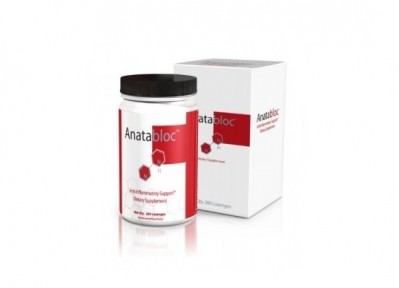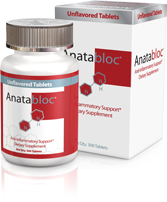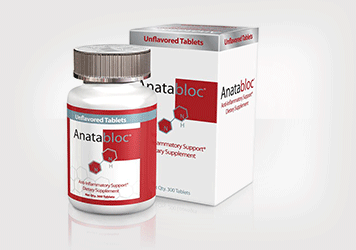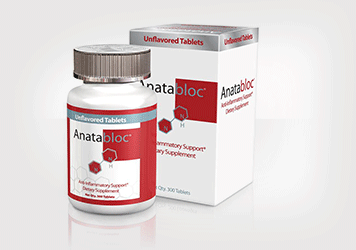Rock Creek suspends Anatabloc sales while it tries to resolve NDI issue
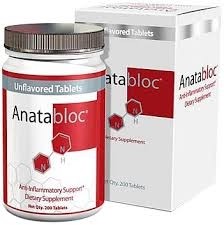
Rock Creek mentioned in its earnings statement filed yesterday that the sales suspension will allow time to finish its filing of a New Dietary Ingredient Notification with FDA on anatabine. The company said it will also evaluate the effect of the supplement business on the ongoing effort to develop a pharmaceutical application for the molecules. The company had maintained that since anatabine was present in foods it was subject to the grandfather clause of DSHEA. FDA disagreed, and sent the company a warning letter in January.
Just being present is not enough
The agency’s view the molecule’s presence at very low levels in foods does not automatically confer Old Dietary Ingredient status to the ingredient when it is extracted and presented at a high concentration. To qualify for this grandfathered status, a substance must meet some very specific requirements, he said.
“FDA's position (is) that just because an ingredient is a constituent of a food (e.g. a substance in a fruit or vegetable) that does not necessarily mean it is ‘present in the food supply’ and thus not require a new dietary ingredient notification (NDIN). The ingredient itself must have been ‘used for food,’ ” attorney Ivan Wasserman, a partner in the Manatt law firm, told NutraIngredients-USA at teh time of warning letter’s.
The key point for falling under the grandfather clause of DSHEA is whether an ingredient was being marketed as a food as of Oct. 15, 1994. As far as anatabine is concerned, the agency’s position is unequivocal:
“Although anatabine occurs naturally in certain foods such as cauliflower, eggplant, potatoes, and tomatoes, the mere presence of anatabine in such foods, without any evidence that the foods were promoted for their anatabine content, does not constitute 'marketing' of anatabine as a food,” the agency wrote in the letter.
“Because the required premarket notification was not submitted to FDA, your products containing anatabine are deemed to be adulterated,” the agency concluded.
IND issue
The company also has a problem with its Investigational New Drug (IND) application which it said it is working to resolve with FDA. Marketing an ingredient first as a supplement and then turning it into a drug is allowed under FDA rules, but not the other way around. Since FDA views Anatabloc as ‘adulterated,’ it was not lawfully on the market before the company filed its IND application in July 2012.
Anatabloc had primarily an antioxidant, healthy-aging positioning and once counted senior pro golfer Fred Couples among its endorsers. On the pharmaceutical end, the company said anatibine citrate shows promise in inflammatory models of multiple sclerosis, Alzheimer's disease, and auto-immune thyroiditis.
Corruption case
Before its recent regulatory difficulties, the company was involved in a corruption case in Virginia involving its former CEO Jonnie Williams. Williams allegedly gave about $100,000 in cash and in-kind gifts to former Virginia Lt. Gov Bob McDonnel and his wife in return for favors that included Maureen McDonnel’s appearance on behalf of the company at an investors event. McDonnel’s corruption trial is now underway in a Virginia court.
Earnings details
For the second quarter ending June 30, 2014, the company reported $700,000 in revenue, compared to $2.5 million in revenue in the same period a year earlier. The company attributed that 71% decline to a suspension of promotional activity supporting Anatabloc sales. The company reported a net loss of approximately $12.7 million for the quarter, compared to a net loss of approximately $8.7 million for the same period in 2013. The increase in net loss for the three months ended June 30, 2014 was primarily due to increases in stock-based compensation and severance costs, offset by lower sales and marketing expenses and legal expenditures. The company said it its filing that a private placement of $6 million in funding completed during the quarter will give it enough cash to operate through the second quarter of 2015.
